|
Meet Salvia leucantha, garden superstar, also known as Velvet Sage and Mexican Bush Sage. Drought-tolerant and pest-free, it’s been named a Texas Superstar by Texas A&M AgriLife Research and Extension, who put the plants through the ringer before recommending them as such. Trust me, if a plant makes it to Texas Superstar status, it can grow almost anywhere for at least a few months. In our area…I daresay in most areas of Texas, Salvia leucantha grows very well indeed. For my own purposes, I have created a category of plants that I have a complicated relationship with – “giant plants”. It’s in that category and one of the plants I was hesitant to plant in our small garden when we first moved to this property. But I can’t help but love this giant. It can be a little obnoxious at times, but it’s never failed me. It blooms spectacularly every September, continuing until the first hard freeze. It did so even after the deep freeze that killed so many plants a couple of years ago. Why do I love it? Aside from it being gorgeous, you mean? It draws pollinators by the score. Bees and hummingbirds can’t get enough of it. And it smells so good! It doesn’t have a distinct fragrance like pineapple or culinary sage, but rather holds the deep, fresh, green scent of the salvia genus in general. I love the scent; it’s one of my favorites in the garden. It may or may not die to the ground in winter (depending on your weather and area), but it comes back in spring. So, that’s the glory. The pain? It’s size and robustness can be a challenge. Sometimes, it seems to have doubled overnight, crowding the plant(s) next to it. I’d like to say that that’s an exaggeration. I’m not really sure it is, though. 😉 Along our hedge, it’s planted next to a tough, antique rose. Marie Van Houtte is not usually a small shrub, and I admit that I've seen larger specimans. But it looks positively puny next to this sage. Throughout the blooming season, I have to regularly cut back the salvia's growth. To be clear, Mexican Bush Sage isn’t an aggressive plant. It wouldn’t be a Superstar if it was. It’s just big and happy. Even though it’s drought tolerant, in our garden it gets watered with the rest of the plants. That’s not overly much, but it doesn’t need a lot of encouragement to grow rampantly. Eventually, it has to be divided which, given its size and root ball, isn’t the easiest garden chore. On the upside, the divisions transplant well, settling easily into new spots around the garden, and are easy to share. There’s some old garden wisdom about being cautious when it comes to free plants, that they might overtake your garden. Salvia leucantha isn’t one of those. If someone offers it to you from their garden, accept it without reservation. You’ll be glad that you did.
0 Comments
Doesn't this look fresh? Lemon balm, Melissa officinalis, is an important plant in our herb garden. A gentle press to the leaves releases a fragrance that's green, citrusy, and deep. I love it, especially in tea (hot and cold). It's good for you, too, with a wide range of benefits.
The genus name surprised me. Melissa? Why? When I looked it up, I learned that the name comes from the classical Greek word melissa, which means "bee" and meli, which means "honey". Moreover, the Melissae were nymphs in Greek mythology as well as oracles. They were said to be able to take the form of bees. Lemon balm does attract bees and has been used by beekeepers for centuries. In ancient times, it was presumed that its power to attract also affected humans. It was believed to improve beauty, sexuality, and fertility. These benefits haven't been proven in modern medicine to any great extant. What has been found is that lemon balm is good for digestion and has a certain, lightly sedative effect. For centuries, lemon balm tea has been recommended to reduce headaches and help with menstrual cramps. The medieval physician Paracelsus called it "the elixir of life". The good news is that this herb, a member of the Lamiaceae or mint family, is very easy to grow. It's boisterous but not invasive and can be pulled up easily. It can be used in beverages and baking and of course in aromatherapy. Centuries ago, the nuns of the Abbey of St. Just in Paris created "Eau de Mélisse", otherwise known as Carmelite water. It was known for its fragrance as well as medicinal qualities. I was astounded to learn that the formula was purchased by the Boyer family in the 1800s and is still sold in French pharmacies today. In addition to lemon balm, it has lots of other natural ingredients such as chamomile, cinnamon, and rosemary, to name just a few. You can find the very interesting history of the tonic at the Boyer website. Tea time! |
Our GardenFor years, my husband and I worked at creating a series of gardens on our four-acre lot in a rural, Texas subdivision west of Houston. I have to say, it was a fantastic experience. Now, I have a pocket garden on a golf course. Archives
June 2024
Categories
All
NewsletterFrom me to you with a smile. Thank you!You have successfully joined our subscriber list. |
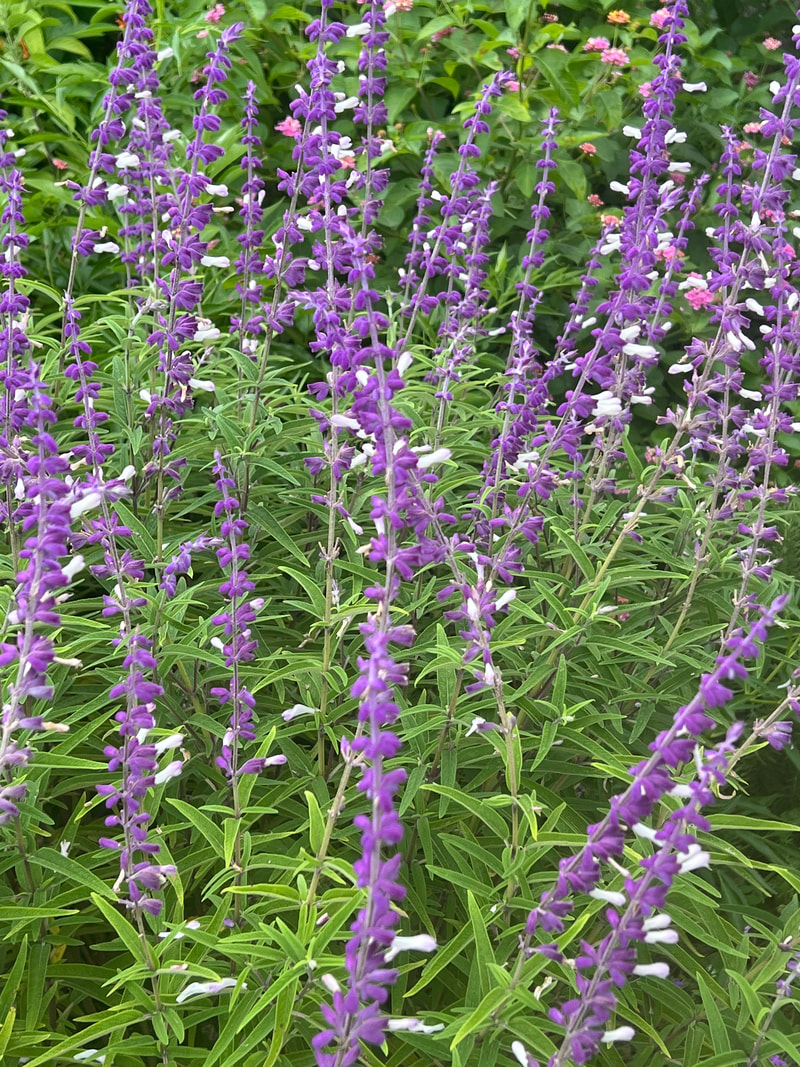
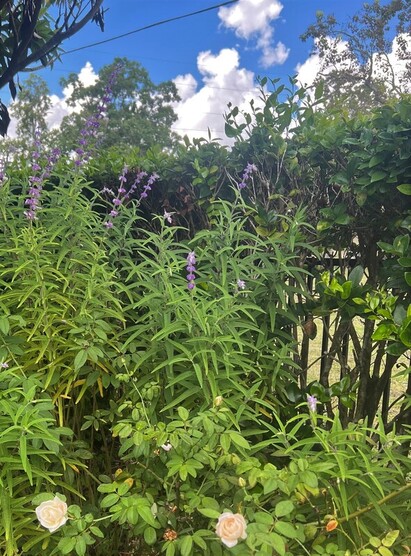
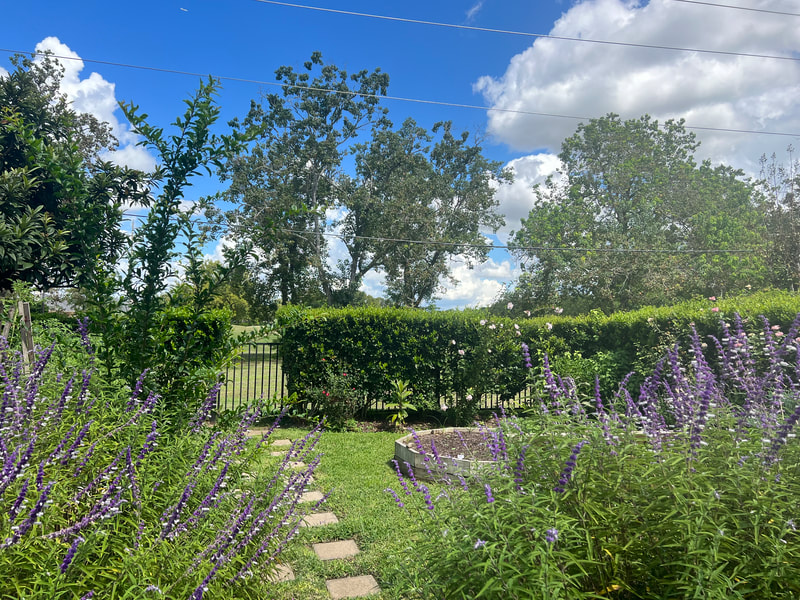
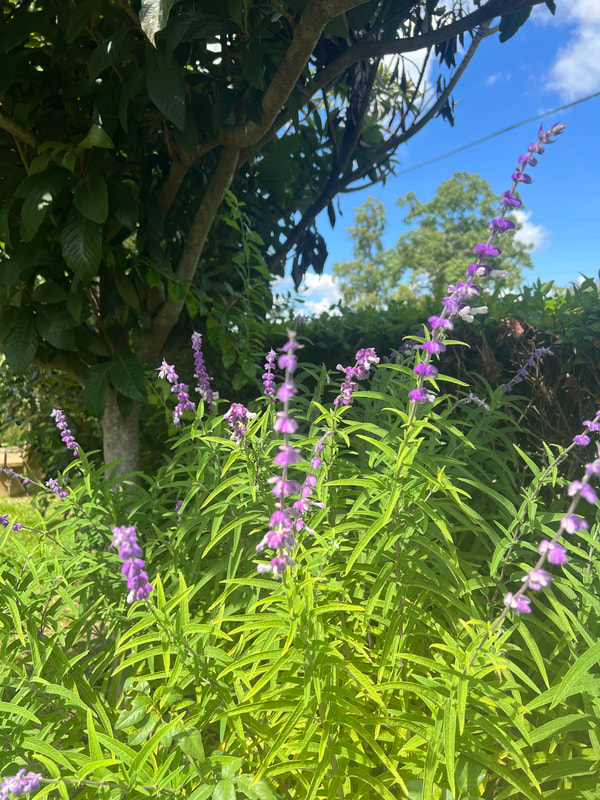
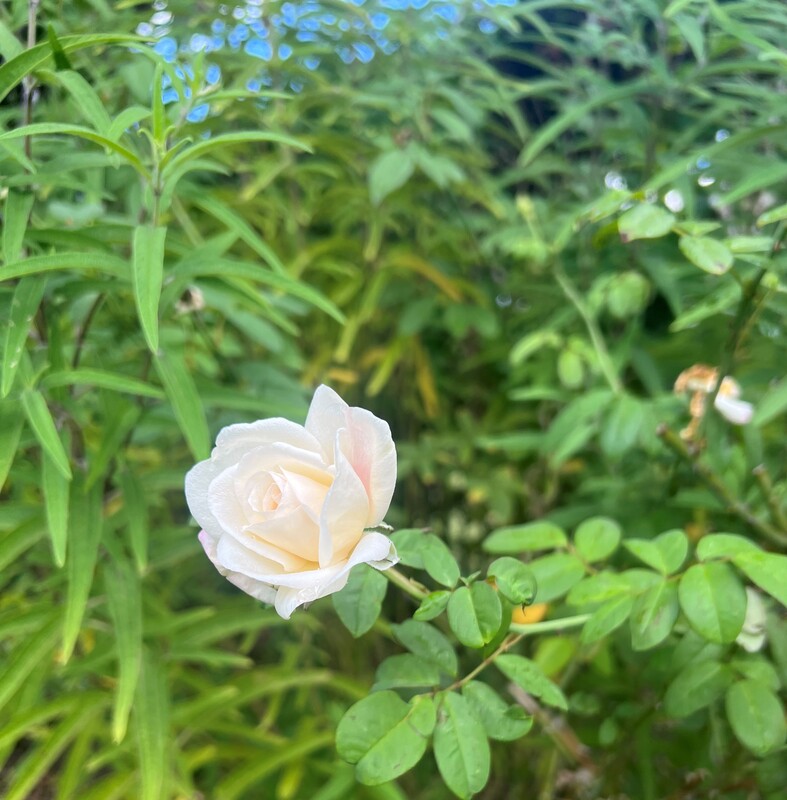
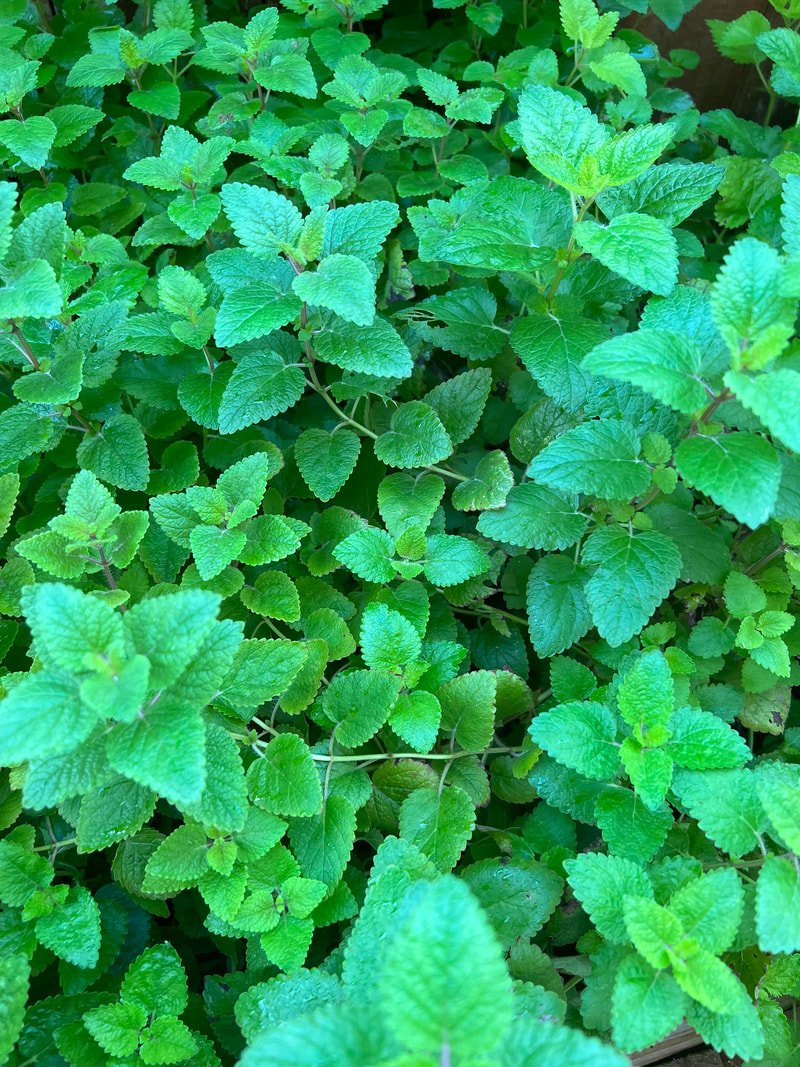
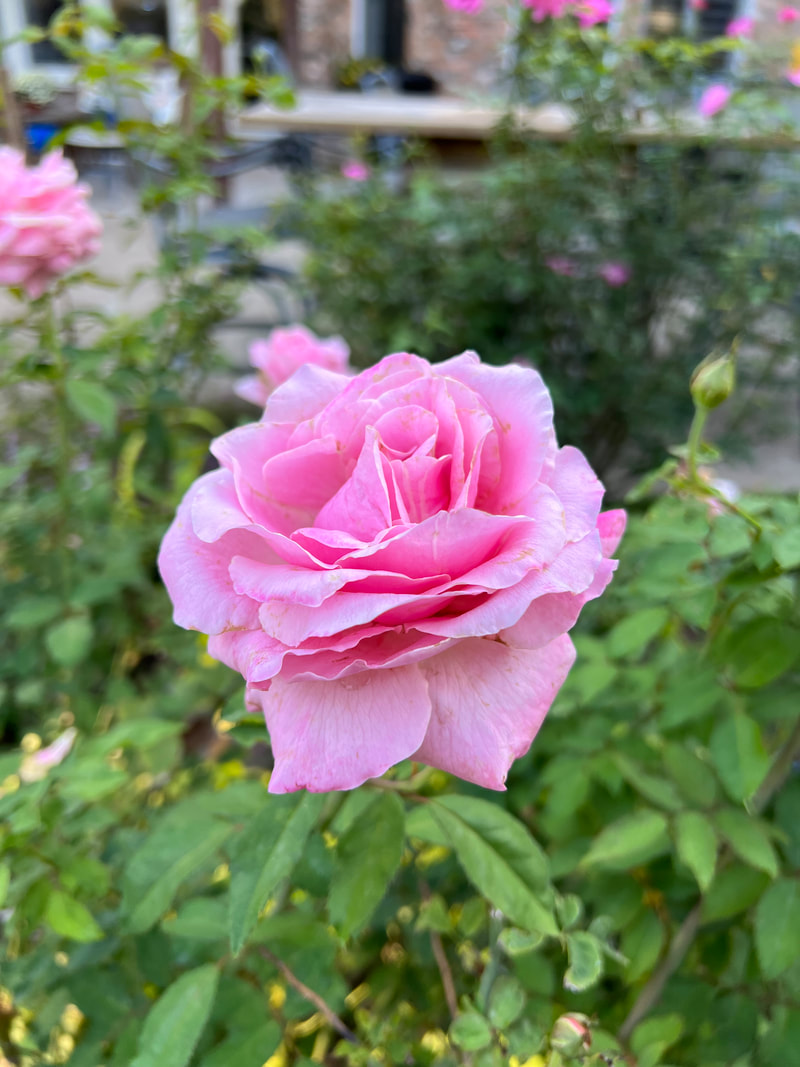
 RSS Feed
RSS Feed